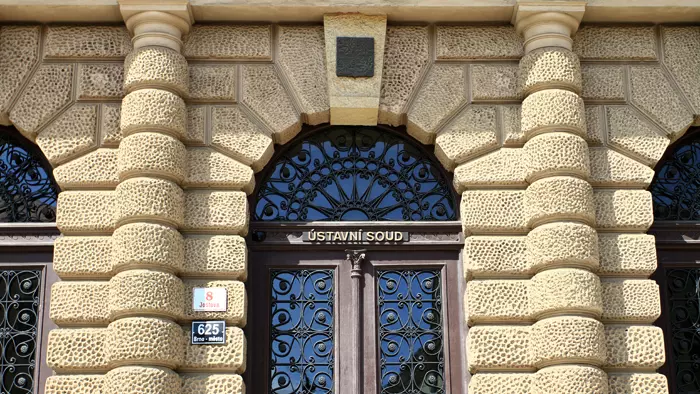The police may not “preventively” demand the identification of participants in a demonstration or a meeting unless they have an objective cause, which they must explain to the person being checked. The Constitutional Court (CC) upheld a complaint by a visitor to Klimakemp in Louka near Litvínov in 2018. He had to show his ID card at the station before the peaceful protest had begun.
According to the constitutional complaint, there was no reason for the check, and the police were only “psychological disciplining” of the participants of the event focused on the issue of climate change and the use of fossil energy sources.
The Constitutional Court decided that the preventive controls could not be justified because a year earlier, the participants in Klimakemp blockaded the Bílina mine and the fear that they would try to repeat the blockade. “The right to protest peacefully can be unconstitutionally interfered with by so-called preventive measures. In the complainant’s case, such a measure was the identification of the complainant by the police,” the judge, Kateřina Šimáčková, said in her reasoning.
The police must also always inform the person being checked for the reasons of the control. It is not enough to refer to a specific provision of the Police Act. “The police officer is obliged to relate the legal reason for his action to the specific circumstances of the identification being carried out and to explain it properly, even though it does not have to be extensive,” Šimáčková said.
The constitutional judges said the case violated the right to peaceful assembly, privacy, and informational self-determination. The Constitutional Court overturned the decisions of the Municipal Court in Prague and the Supreme Administrative Court. The Prague court has to decide again in relation to the man’s case to determine the illegality of the police actions.






Leave a Reply